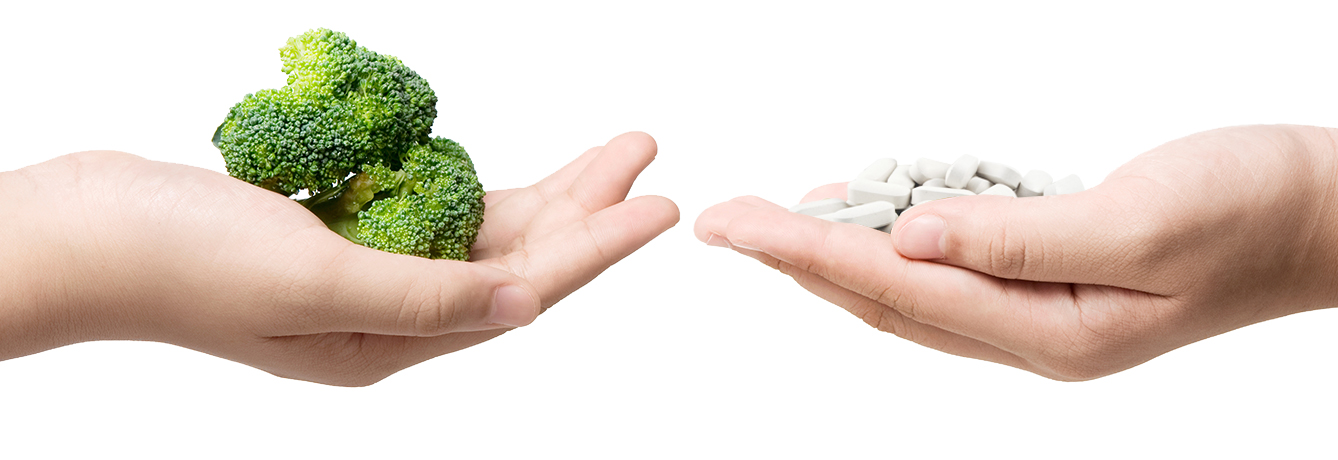The researchers compared calcium source and intake data with bone-density measurements for a group of 168 women in their early 60’s.Those who derived their calcium from diet alone consumed an average of 830mg; those who derived calcium from supplements averaged 1,033mg daily, while those who combined dietary sources with supplements took in 1,620mg a day.Correcting for confounding factors the women who got their calcium only from food had significantly higher bone mineral densities than those who relied solely on supplements, even though the food group’s daily calcium intake was approximately 20% less.The diet plus supplement group had the highest bone mineral density.
How could more calcium from supplements translate into less mineral in the bones? For one thing, only about 35% of the calcium in supplements makes it into the bones.For another thing, fruit and vegetable consumption has also been linked to higher bone mineral content — so perhaps the group that relied on food sources for nutrients also had a higher produce intake.Fruit and vegetables supply many of theother oft-neglected nutrients needed for bone health, such as potassium, folate, and vitamin C.Arugula, collards, and broccoli — contain a synergistic combination of bone-healthy nutrients, while bananas, leeks, onions, and asparagus constitute top sources of inulin, a dietary fiber which boosts calcium absorption.Perhaps that’s why animal research has shown that onions may inhibit bone loss.
The current DRI for calcium is 1,000mg/day.While inadequate calcium intake can predispose fat cell production, opting for high-fat dairy adds up to excess calories (not to mention saturated fat overload).Ultimately, calories trump calcium in the battle of the bulge.
News Just In: One more reason to choose whole foods over supplements — breaking research has linked calcium supplements with an increased risk of heart attack.In a University of Auckland study, heart attacks were more common among calcium pill poppers than among a control group.
Published March 1, 2008



